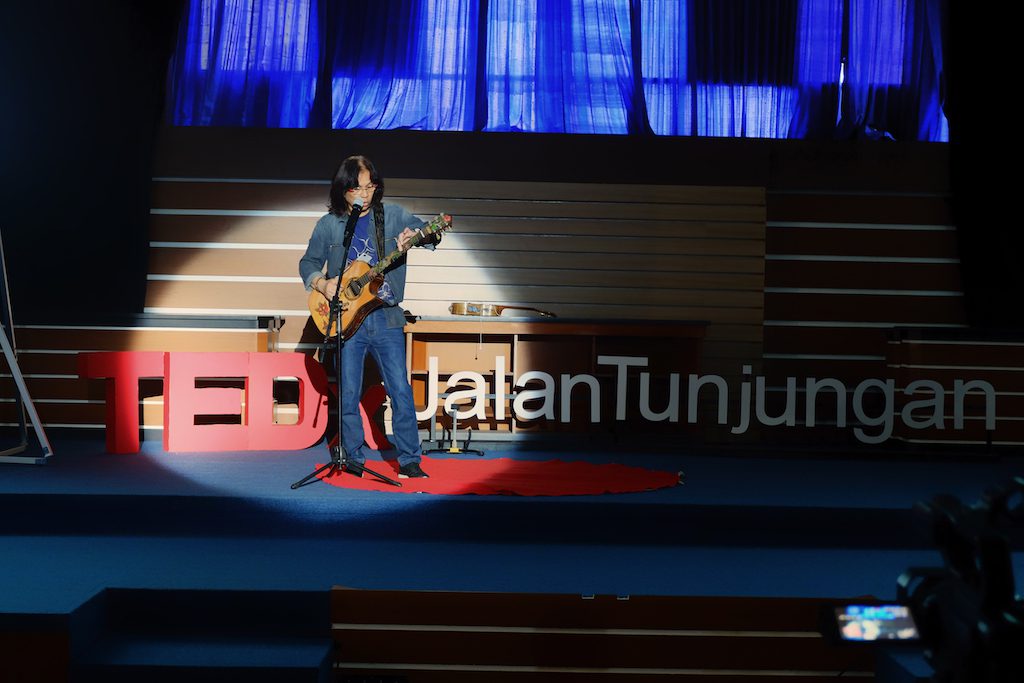Interactive Technology Becomes Focus of Asia-Pacific Event Planners

Skift Take
In Asia-Pacific, planners are more concerned about facilitating new technological advances than bringing local experiences to attendees.
When meeting and event planners evaluate the future, staying engaged with emerging trends and shifts in attendee demands is vital.
For all the talk about innovation in event design, though, many planners still think that technology will radically change how events are experienced and designed going forward.
IACC polled 65 meeting and event planners in the Asia-Pacific region on their outlook on the evolution of their operations over the next five years. For all the talking about bringing authentic local experiences to attendees, those polled were more concerned about keeping up with the pace of technological change in ev
